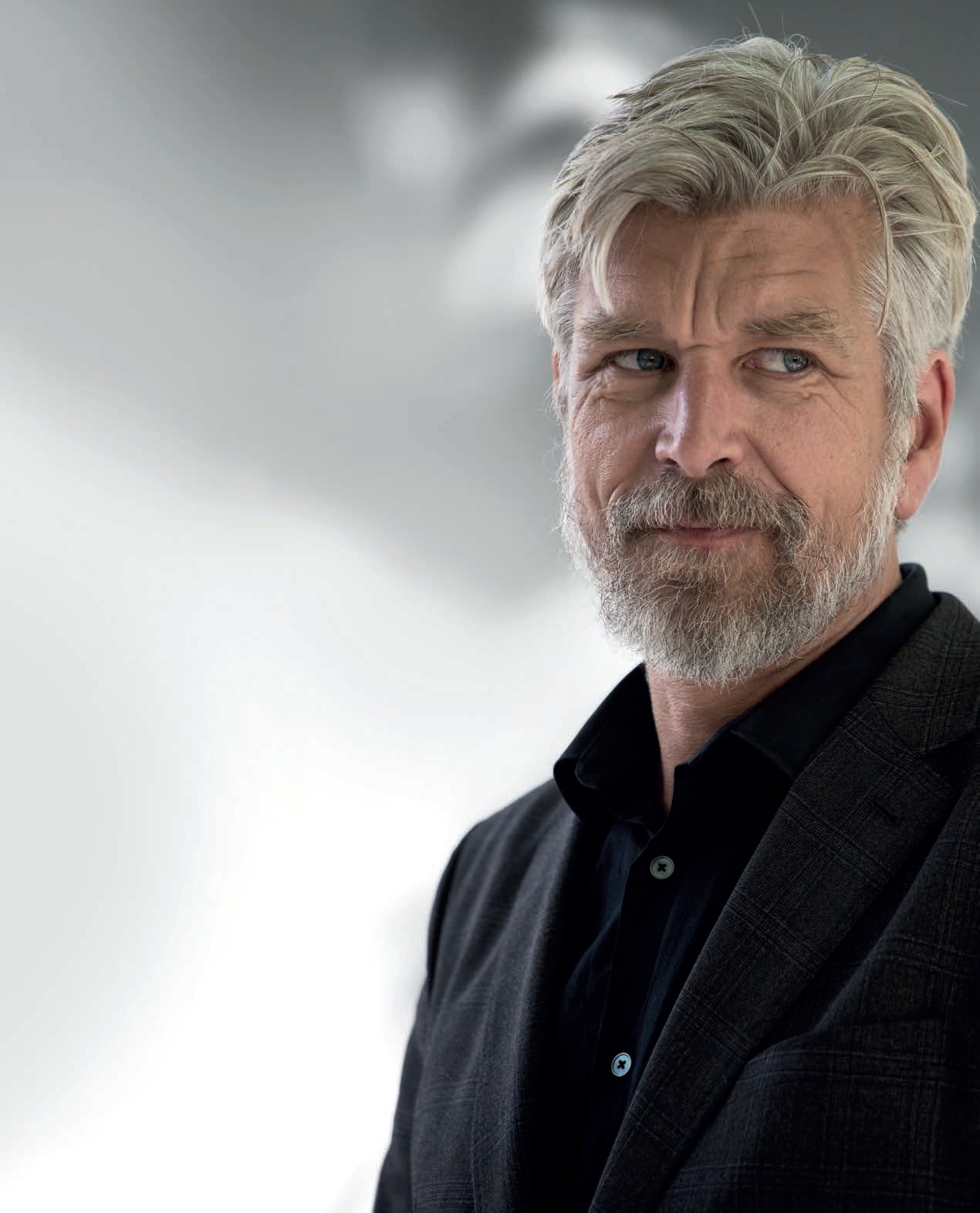
© PAULINE KEIGHTLEY / ALAMY STOCK PHOTO
Novelists on both sides of the Atlantic spent the 2000s striving to meet the clamour for them to deal with the 9/11 attacks and their fallout. After the spectacle of John Updike and Martin Amis purporting to tell us how suicide bombers think, it wasn’t surprising that the old advice to “write what you know”—however prosaic— once more began to seem a likelier spur to literary creativity than, say, speed-reading Sayyid Qutb. When Jonathan Franzen let slip that he had, for research purposes, thought of adopting an Iraqi orphan, it revealed, among other things, the strange sense of duty felt by novelists of his rank.
In this decade the most talked-about authors write about themselves. If nothing else, the rise of so-called “autofiction” sidesteps an increased nervousness about cultural appropriation as well as imagining the lives of others, something novelists—not least those of the state-of-the-nation variety—once took for granted. Navel-gazing this may be, but for writers such as Rachel Cusk, whose recent “Outline” trilogy broke with the middle-class satire and straight memoir she had published previously, it’s preferable to the alternative: what she has called the “fake and embarrassing” business of “making up John and Jane and having them do things together.” (Unlikely plots and implausible characters begone!)